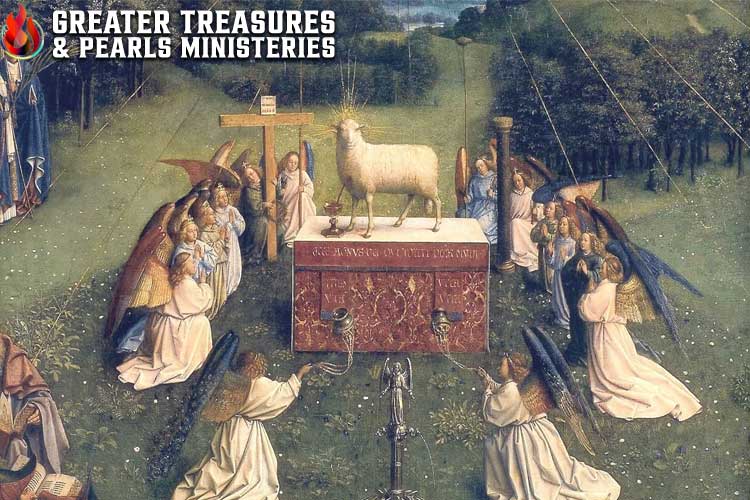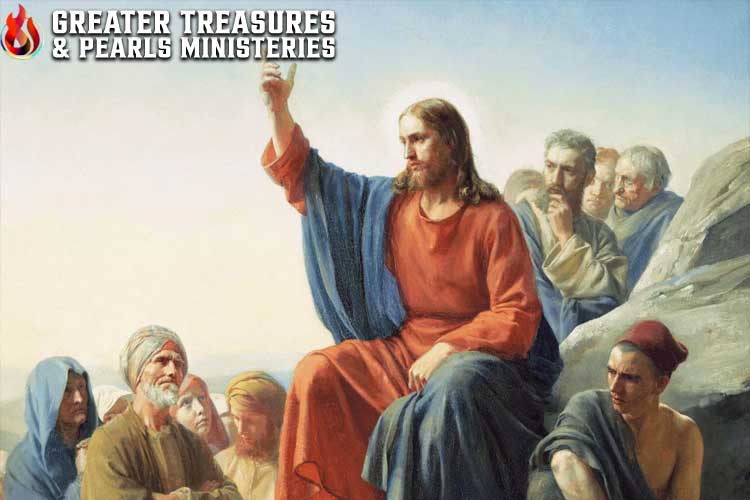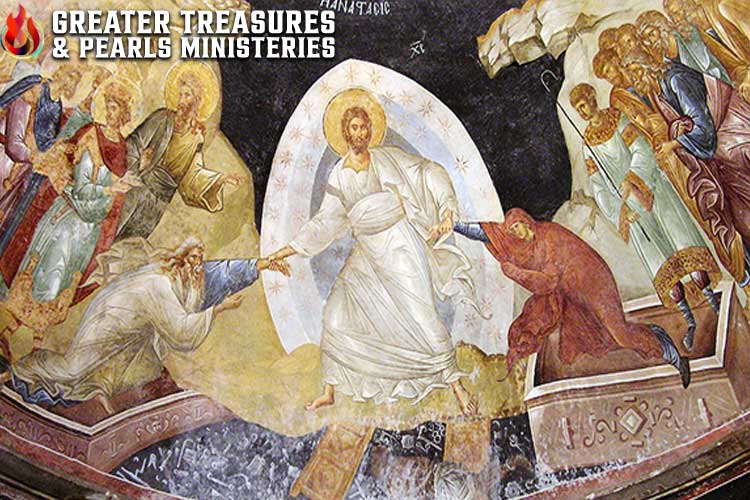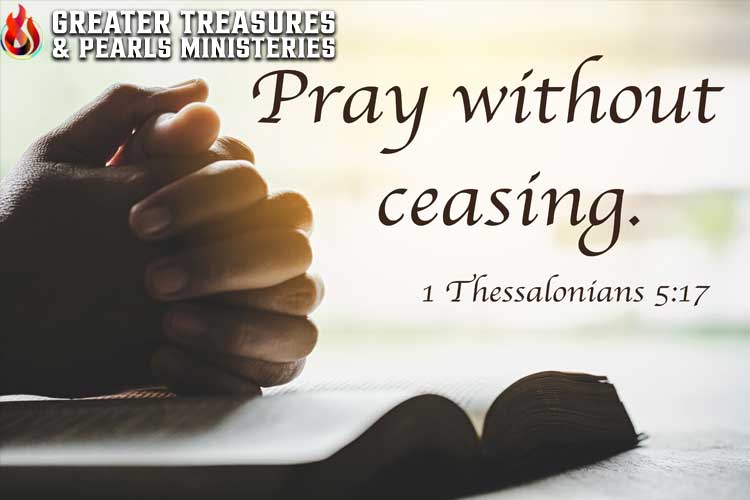Gtpministries.org – In a religious context, the symbol of the Lamb of God has a very important meaning, especially in Christianity. Throughout the Bible, there are many references to the lamb as a symbol of purity, sacrifice, and redemption. In the RokokBet Old Testament , lambs were often offered as sacrifices to atone for sins and seek forgiveness from God. This symbolism carries over into the New Testament, where Jesus Christ is called the “Lamb of God” who takes away the sins of the world. This relationship with Jesus emphasizes his role as the ultimate sacrifice for the salvation of humanity, as depicted in the crucifixion and resurrection narratives.
The depiction of the Lamb of God as a sacrificial offering is central to Christian theology and worship. This concept originates from the Passover tradition in Judaism, where the blood of sacrificial lambs was used to mark the doorposts of Israelite homes and protect them from the Angel of Death. In Christian theology, Jesus is seen as the fulfillment of the sacrificial lamb, whose blood brought redemption and salvation to humanity. This image is further reinforced in the sacrament of the Eucharist, where the faithful partake of bread and wine symbolizing the body and blood of Christ, commemorating His sacrifice on the cross.
Symbol of Innocence and Purity
Another aspect of the symbolism of the Lamb of God is its association with innocence and purity. Lambs are often depicted as gentle and gentle creatures, embodying the qualities of meekness, humility, and innocence. In Christian theology, Jesus is often depicted as the epitome of virtue, the embodiment of divine love and compassion. The lamb’s innocence symbolizes Christ’s sinlessness and purity, highlighting His role as a blameless sacrifice offered for the sins of mankind. This symbolism underscores the belief in Jesus as the perfect mediator between God and humanity, who offers reconciliation and forgiveness to all who believe in Him.
The Lamb in Christian Worship and Art
The symbolism of the Lamb of God permeates Christian worship and artistic expression, serving as a focal point in liturgical ceremonies, hymns, and religious art. In Christian worship, references to the Lamb of God are often included in prayers, hymns, and liturgical readings, emphasizing the importance of Christ’s sacrifice in the life of the Church. Additionally, depictions of the Lamb of God are common in religious art, from medieval manuscripts to Renaissance paintings and contemporary religious iconography. These artistic representations often depict Jesus as a lamb carrying the cross or standing in triumph over death, symbolizing his victory over sin and death and offering hope to believers.
Lamb of God in Spiritual Interpretation
In spiritual interpretation, the symbolism of the Lamb of God transcends its religious connotations to represent themes of personal transformation and spiritual awakening. The lamb symbolizes the soul’s journey towards enlightenment and union with the Divine. Like lambs led to the slaughter, individuals are called to surrender their egos, desires, and attachments to experience rebirth and spiritual renewal. This process of inner transformation involves letting go of worldly distractions and embracing humility, meekness, and compassion, which reflect the qualities embodied by the Lamb of God.
Redemption and Forgiveness
The symbolism of the Lamb of God also speaks to the themes of redemption and forgiveness in spiritual interpretation. Just as the sacrificial lamb atones for sin and provides forgiveness in Christian theology, individuals are invited to acknowledge their imperfection and seek spiritual purification and renewal. Through sincere repentance and surrender to divine grace, individuals can experience the transformative power of forgiveness and find liberation from the burden of guilt and shame. The Lamb of God represents infinite divine mercy and compassion, offering redemption to all who turn to Him with a contrite heart.
Love and Service
Another spiritual interpretation of the symbolism of the Lamb of God emphasizes the importance of compassion and service on the spiritual path. Like the gentle and gentle nature of a lamb, individuals are called to cultivate the qualities of compassion, kindness, and selflessness in their interactions with others. By embodying the spirit of the Lamb of God, individuals can become channels of divine love and grace, bringing healing and transformation to the world. Through acts of service, generosity, and empathy, individuals can manifest God’s presence in their lives and contribute to the well-being and improvement of humanity.
Union with the Divine
Ultimately, the symbolism of the Lamb of God points to the goal of spiritual union with the Divine. In mystical interpretation, the lamb symbolizes the soul’s longing to reunite with its source, the divine lover. Through the process of spiritual purification and transformation, individuals can overcome the limitations of ego and separateness, and experience oneness with the divine presence within and beyond themselves. The Lamb of God serves as a reminder of the divinity inherent in every creature and the eternal love that unites all creation in a sacred bond of unity.
Conclusion
The symbolism of the Lamb of God has deep spiritual meaning, representing themes of sacrifice, redemption, purity, and transformation across religious and spiritual traditions. Whether understood within the context of Christian theology or interpreted from a broader spiritual perspective, the image of the Lamb of God inspires contemplation, reverence, and devotion. When individuals contemplate the symbolism of the Lamb of God in their spiritual journey, they are invited to embody the virtues of humility, compassion, and self-surrender, and to become aware of the divine presence within themselves and all of creation.










